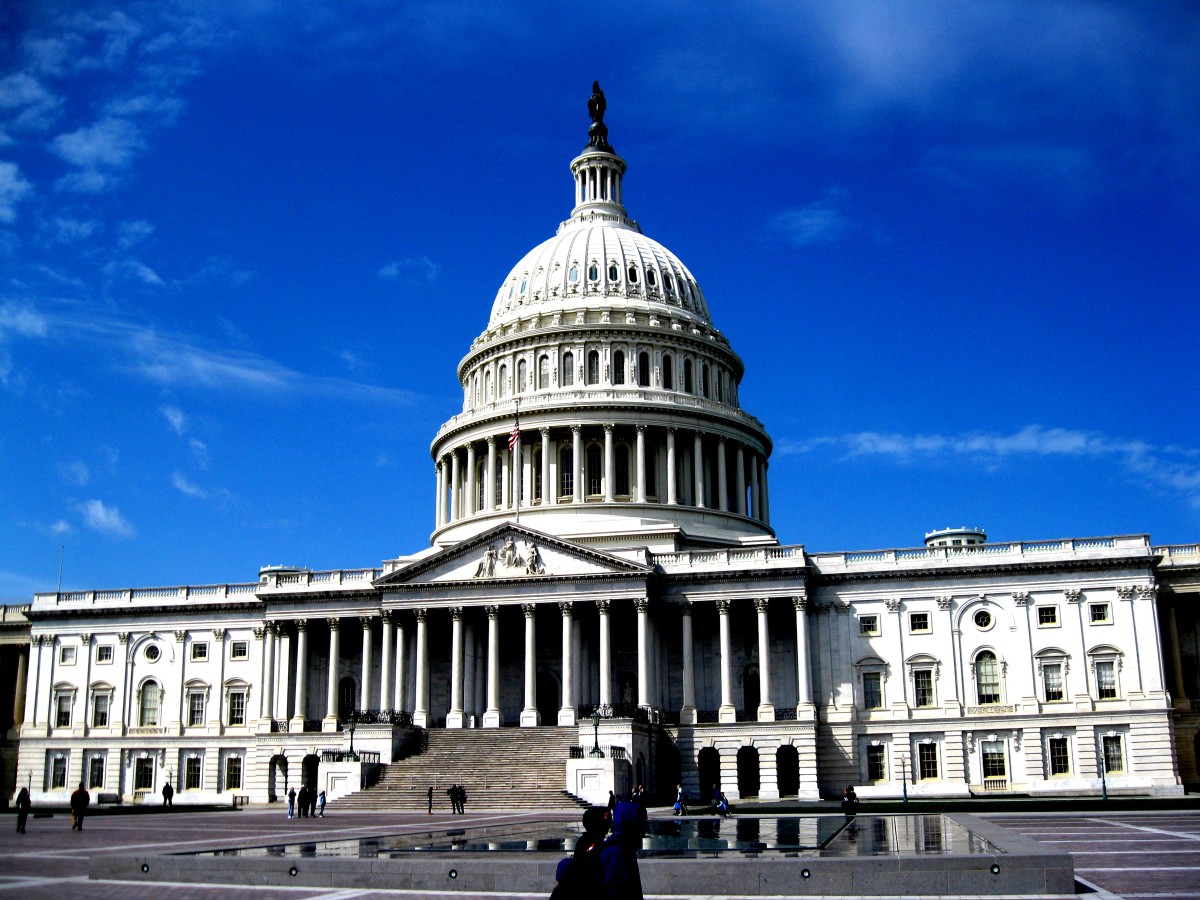The government needs emerging tech solutions to keep up with the private sector and stay competitive on the global playing field. Even though the federal government spends tens of billions on tech products each year, entering the market and scaling can be expensive and risky for emerging tech companies.
Tech companies in Washington, D.C., have the advantage of not only being in a growing hotbed for innovation, but also next-door neighbors with one of the biggest customers in the world: the federal government. So, what do tech companies need to think about before entering the federal market to increase chances of success?
It’s no secret that tech and government haven’t exactly found the best way to work together yet. There’s a gap there, and closing that gap has long been a struggle for tech startups looking for new opportunities and government leaders looking for emerging tech.
Emerging tech companies — including local startups like Stardog, Thresher, GovReady and more — join the Dcode acceleration program to develop federal go-to-market strategies, meet government leaders to jump-start business development, and cut time to revenue in the public sector. The 10-week curriculum is designed to prepare tech companies for selling to the government, with or without a dedicated federal sales team.
Outside of the accelerator program, we know tech companies understandably have a ton of questions, and the following are just a few examples, with some tips:
What does entering the federal market require at a minimum from my company?
The government is a long-term play. Consider whether your company has enough runway to take a swing at breaking into the federal market. There is no one right answer — companies of all stages and sizes can have success, but your company needs to be prepared for the long road ahead.
What messages resonate most deeply with a government audience?
The private sector is obsessed with being on the cutting edge; the public sector is … trying the best it can to innovate within some truly unique constraints. Working with the government requires different messaging. All the tech jargon in the world won’t sway a government leader, so make sure your messaging and pitch are tailored to government needs, and not full of the coolest features that the government might not understand or care about.
How do I navigate red tape to reach the audience I am selling to?
The government procurement process is less of a process and more of a perplexity. Learning the ins and outs of government procurement is no small undertaking. The FAR alone is 2,000 pages of regulations! You’ll need to understand key terms and figure out where to start when mapping out your journey into the federal market.
###
Entering the federal market is a move we think more tech startups need to be making. After all, the opportunity is massive, and Dcode was founded on the belief that emerging tech can improve the way the government runs.
To help, Dcode also compiled this checklist of what tech companies need to be thinking about to set themselves up for success in the federal market.







